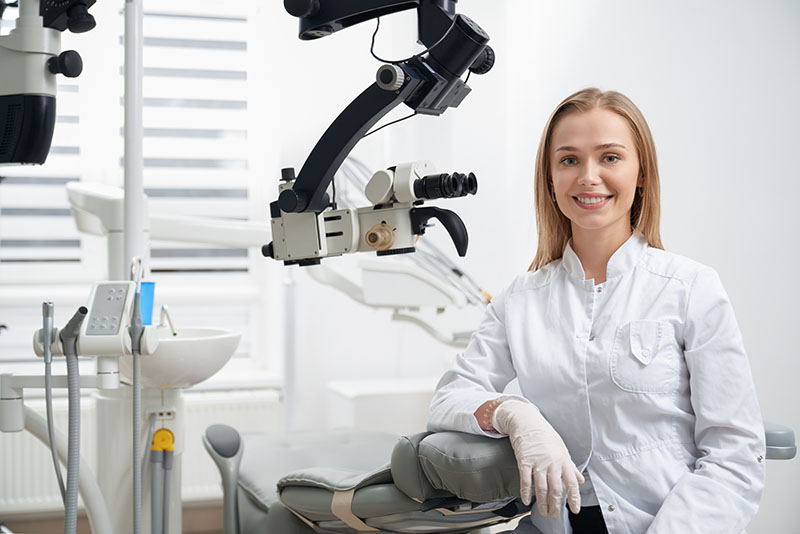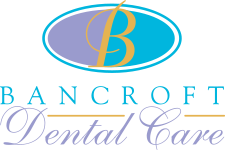
It could take more than eight years of education to earn a DDS or DMD degree and dental license. But that’s a good thing, because that extended education is how you know you can trust your dentist to help you keep a healthy smile.
Getting into a university’s dental program usually requires a prospective dentist to have already started college. In some cases, students graduate with a Bachelor’s degree before even beginning their years in dental college. They must also take specific classes during their undergraduate years to qualify for dental programs. These tend to include courses in English, inorganic and organic Chemistry, and other sciences. And those are just the minimum qualifications! As with any application, extra coursework and other experience will give the future dentist a boost to their acceptance chances.
After getting into their college’s dental program, the prospective dentist will spend another four years in school, this time with courses specific to dentistry, instead of the more general (but still fundamentally important) undergraduate courses. Often, this time includes on-site experience with established dentists.
Once the prospective dentist finishes dental school, getting officially licensed by the state is no small matter. At a bare minimum, they must graduate, get their DDS or DMD degree, and pass two examinations—one written and the other clinical. The state will also look into the prospective dentist as a person, including (but not limited to) a background check and an interview, to ensure the candidate’s moral character.
Getting a dental degree and license is a rigorous process, but again, that’s a good thing. It’s because of this process of education and state licensing that you know you can trust your dentist—they wouldn’t have their degree if they hadn’t earned it, and they wouldn’t have their license if they didn’t deserve it.

